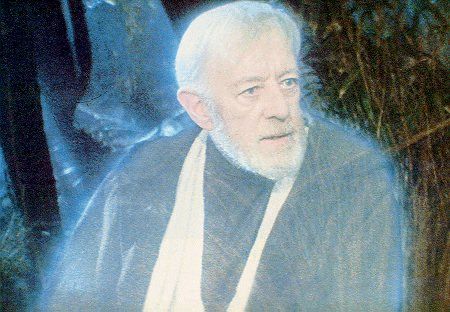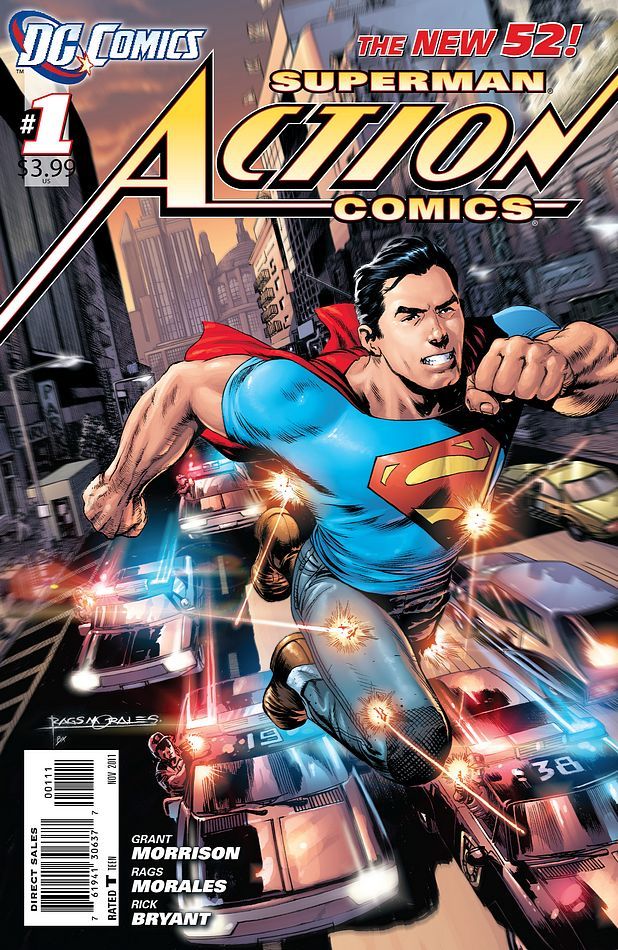I’m not quite done talking about comics criticism. Your comments to that post from last week were awesome and gave me even more to think about, so I want to dig into this a little deeper. Maybe for a couple or three posts. In this and the next one I’d like to offer some definitions that I’ve found helpful in thinking about criticism and role it plays in the comics industry. After that, I’m planning to talk about some rules for good criticism, pulled from a variety of sources. We may not agree on all of them, but hopefully it’ll make a good discussion.
Last week, I mentioned the idea that everyone’s a critic. To quote Obi-Wan, that’s true “from a certain point of view.” Anyone who talks about the comics she buys is participating in criticism. (And we should maybe pause for a second to clarify that “criticism” doesn’t automatically mean ragging on something. It can be positive or even praising. More on that next week.) But though everyone can join in the work of a critic, it’s still helpful to put some labels on the groups of people who do.
It’s not helpful from the standpoint of classifying who we will and won’t listen to. As I said last week, there are some great professional critics, but there are also useless ones whose primary motivation seems to be getting quoted. There’s a lot of irrelevant noise in message-board land, but there are also people who use that as their primary platform to talk eloquently about the comics they read. It doesn’t matter what the label is; useful discussion about comics can be found anywhere.
A couple of things make these labels helpful though.
The one I want to talk about this week is that they let us know the level of expertise someone brings to the discussion. Even when I’m sitting with a group of friends talking informally about comics, I’m going to take some of my pals more seriously than others. If all you’ve ever read are a couple of issues of the New 52, I’m not going to give your opinions the same consideration that I would someone who’s familiar with DC's long history. And I wouldn't take that person as seriously as someone who knows the broader history of comics in all of its genres and formats. And even if you’re extremely widely read, I’ll still weigh your opinions carefully against someone who’s made a formal study of comics. That doesn’t mean that the formal, professional, capital-C Critic’s opinion about Morrison’s Action Comics is more valid than my buddy who’s only read that one title, but it does mean that the critic’s opinion is richer and better informed. I’d be foolish not to take that into account.
Somewhere in between those extremes are what people used to call “gentleman-amateurs,” a term that I like for the image of reading comics in a smoking jacket by the fireplace in the parlour, but that we should find a gender-neutral equivalent for. The idea is that it’s a person who’s spent a lot of time (because, being a gentleman-of-leisure, he has a lot of time to spend) familiarizing himself with and thinking about his area of interest. He’s not a trained professional, but he’s not inexperienced with his subject-matter either. This describes most of the comics criticism landscape and it’s useful to make the distinction between people like me and people who’ve studied this stuff academically and draw their primary income from discussing it.
I’m curious to hear your thoughts on the value that experience brings to the discussion of comics. Do you give more authority to the opinion of someone like Douglas Wolk or to friends who generally like the same kinds of things you do? The answer to that question might depend on the reasons we talk about comics in the first place. Am I trying to learn more about the art form or simply looking for reading recommendations? Both of those are valid, but the reason I go into a discussion affects what I’ll be able to take away from it. Knowing what I want will dramatically increase my chances of getting it. That’s what we’ll talk about next week.


